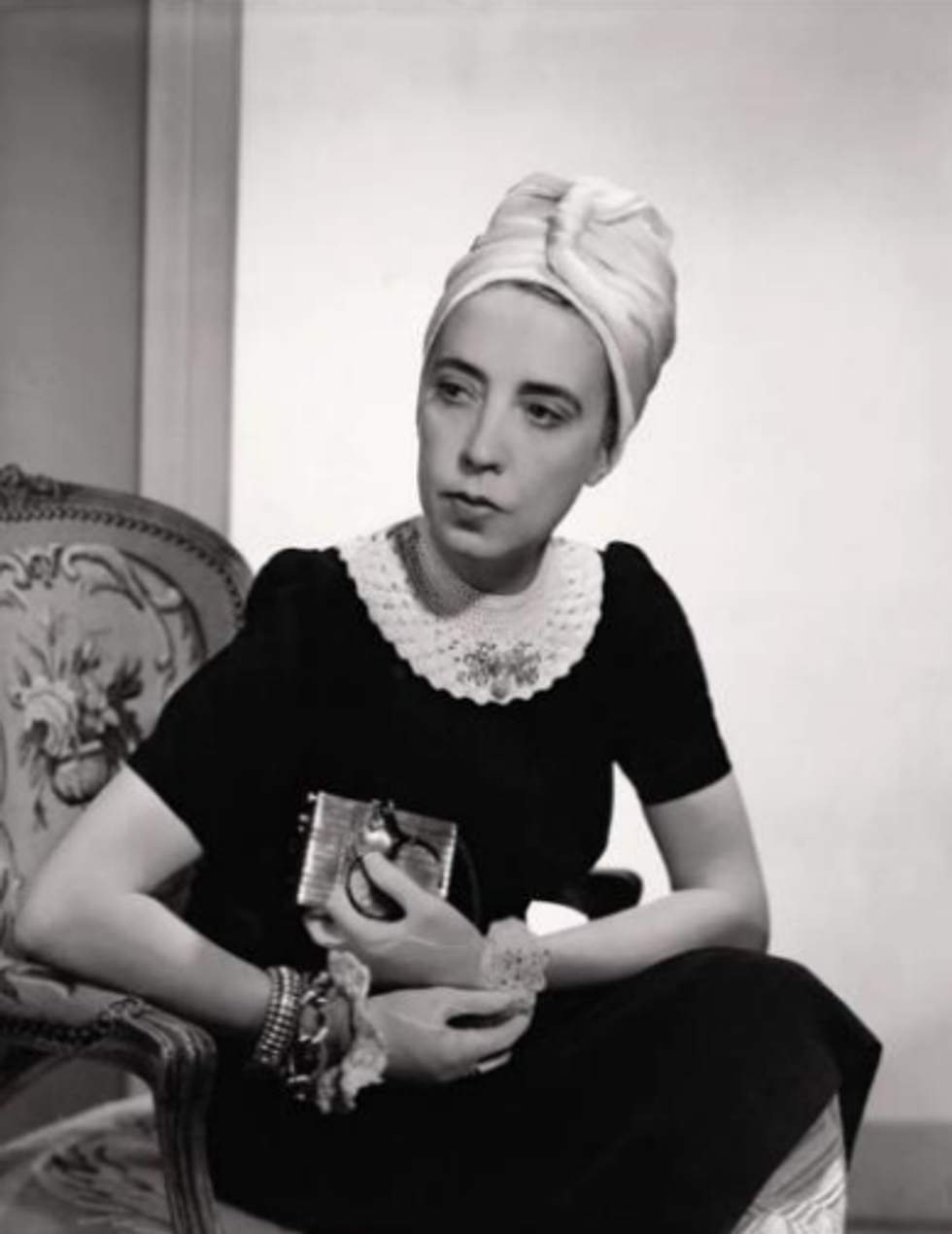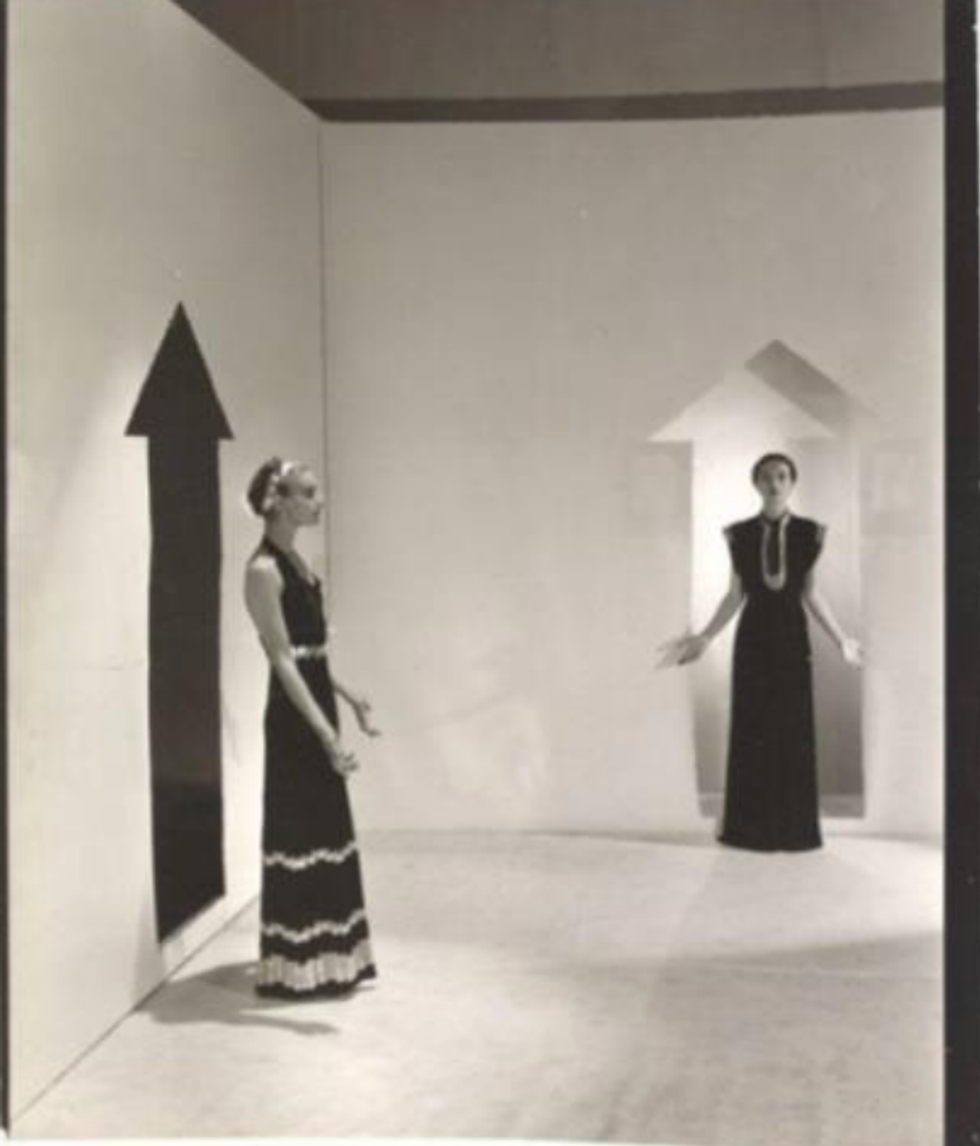AN Ilford-based grandfather-of-four is rejoicing in “second life”, after spending three gruelling months under treatment for Covid-19 at the King George Hospital.
Rohit Patel, 61, had left halfway through his early morning shift at an Asda supermarket as he fell ill on March 23, the day when the lockdown was announced.
The father-of-three, who lived with his wife Harshila, 60, at Redbridge, initially assumed the discomfort was due to high blood pressure. However, as a week passed, he struggled to breathe and was hospitalised.
Patel suffered heavy coronavirus complications, and the family was told to “prepare for the worst”, as the “odds were against him”.
He spent 52 days in the ICU – mostly on a ventilator, with nearly 30 days under induced coma.
Patel’s daughter, Chandi, 36, said the situation had been “very scary”, adding that she avoided watching the news “because it was so depressing thinking that my dad could be one of the names in the middle of all these [death toll] figures”.
“It happened so quickly, we were in shock,” she added. “It was really stressful not speaking to him, but the daily updates from the staff were a lifeline.”
Patel’s time on ventilator was a record of sorts at the King George Hospital, and the medical staff cheered when he was finally moved to a general ward on May 22.
Witnessing the stepdown of our Patient, Mr Patel from ITU Clover to the ward,led by Charge Nurse @anaktiamianan @ruth_dando Charge Nurse Naraayan and the rest of Team KGH ITU/Main Theatres/Day Unit/HeatherWard @RuthSpa41001576 @GuruGuru15 @SimplyPing12 @SoniaJavier6 pic.twitter.com/csUIFGcz1u
— Dulce Castillano (@DulceCastillano) May 22, 2020
“A few weeks before I went home the physios took me outside to see my family, all 12 of them,” he said. “They kept their distance, but it meant so much that they did that for me. It was lovely to see them after such a long time.”
Chandi said it was “really emotional for us and overwhelming for him when we got to speak again”.
She added that it was crushing to watch her father re-learning to walk and eat due to muscle deterioration, even as he “fought really hard” and showed “how strong he is”.
“I feel like I am now living my second life,” said Patel, who returned home last Wednesday (1).
“It’s wonderful to be home. It was very emotional as I had been looking forward to it so much. It was lovely to see my grandchildren, and my whole family.”
Patel said he couldn’t remember anything from his time in intensive care, but described the past three months as “a really hard time”.
“The staff looking after me have been so good, and I’ve still got physios coming to my home to help me learn to walk again,” he said.
















 Vogue 1940; Designer Elsa Schiaparelli wearing black silk dress with crocheted collar of her own design and a turbanFredrich Baker/Condé Nast via Getty Images
Vogue 1940; Designer Elsa Schiaparelli wearing black silk dress with crocheted collar of her own design and a turbanFredrich Baker/Condé Nast via Getty Images 'Tears' Evening dress and head veil, designed by Elsa Schiaparelli, February 1938 for Circus Collection, summer 1938. Fabric designed by Salvador Dali Victoria and Albert Museum, London
'Tears' Evening dress and head veil, designed by Elsa Schiaparelli, February 1938 for Circus Collection, summer 1938. Fabric designed by Salvador Dali Victoria and Albert Museum, London Natasha Poonawalla attends The 2022 Met GalaGetty Images
Natasha Poonawalla attends The 2022 Met GalaGetty Images  Vogue 1936; Two models, standing in a white room with arrows painted on walls and wearing dresses by Schiaparelli;Cecil Beaton/Condé Nast via Getty Images
Vogue 1936; Two models, standing in a white room with arrows painted on walls and wearing dresses by Schiaparelli;Cecil Beaton/Condé Nast via Getty Images


 Many of these beaches are tidal and best enjoyed at low tideiStock
Many of these beaches are tidal and best enjoyed at low tideiStock It’s also unofficially clothing-optionaliStock
It’s also unofficially clothing-optionaliStock Framed by the turquoise seaiStock
Framed by the turquoise seaiStock It’s best visited early or late in the dayiStock
It’s best visited early or late in the dayiStock